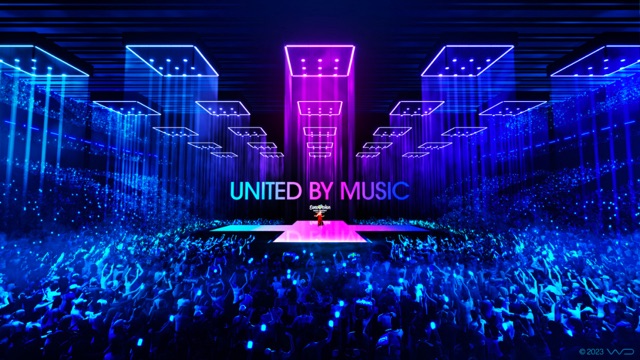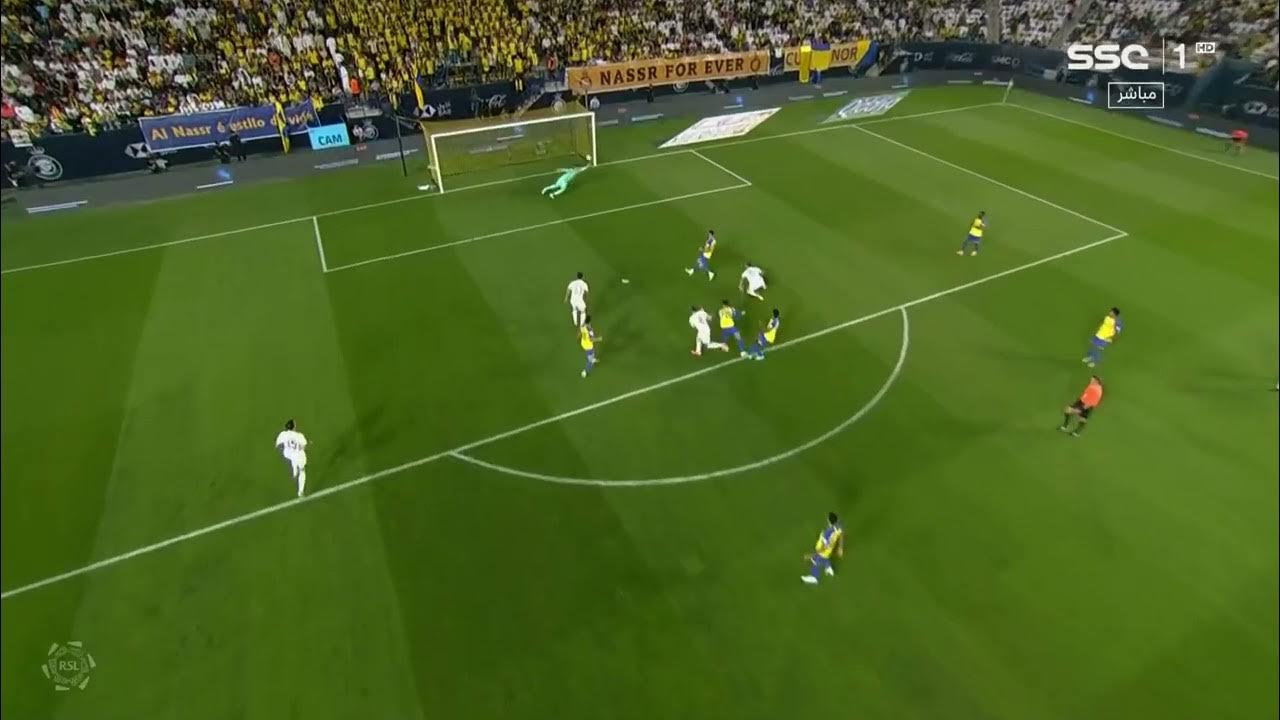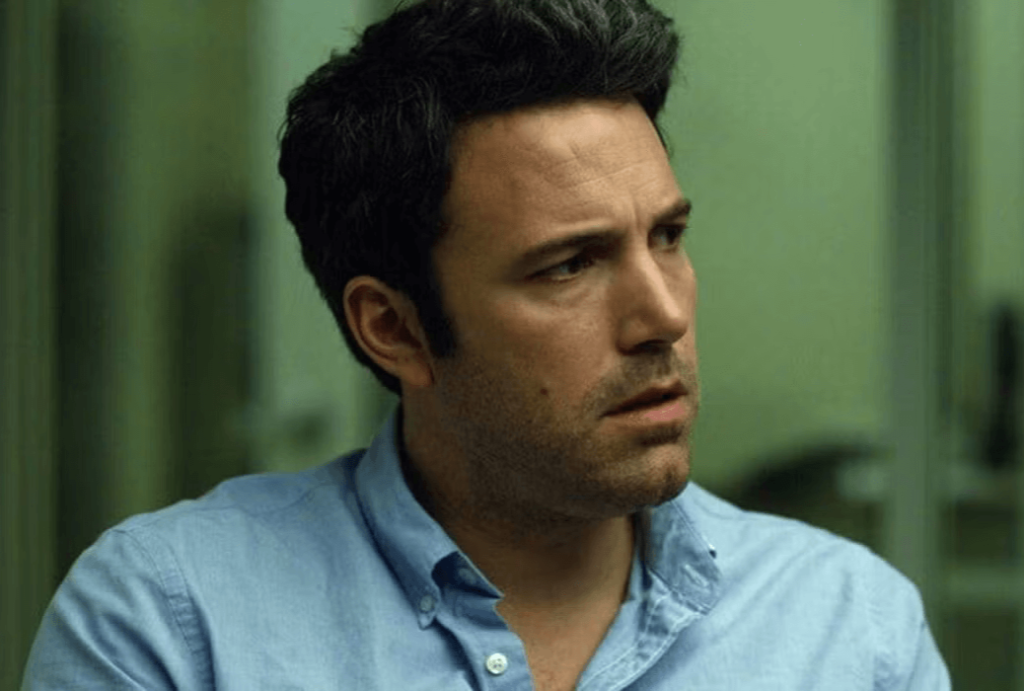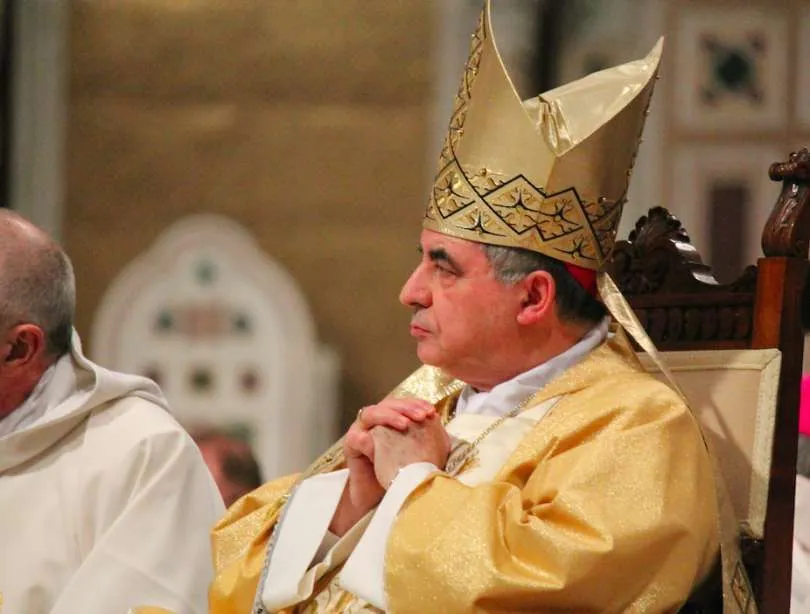Eurovision Stage: Restrictions On Pride Flag Displays

Table of Contents
Historical Context: LGBTQ+ Representation at Eurovision
LGBTQ+ representation at Eurovision has evolved significantly over the years. The early years of the contest saw little to no overt LGBTQ+ representation, reflecting the societal norms of the time. However, as societal attitudes shifted, a gradual increase in LGBTQ+ visibility became apparent. While overt displays of Pride might have been rare, subtle nods and expressions of identity were sometimes present.
- Early years (1950s-1970s): A largely heteronormative representation, with few, if any, openly LGBTQ+ artists.
- Gradual increase (1980s-2000s): More LGBTQ+ artists participated, although often without explicit acknowledgment of their sexual orientation.
- Increased visibility (2010s-present): Openly LGBTQ+ artists achieved significant success, leading to greater visibility and acceptance within the Eurovision community. Examples include Conchita Wurst's victory in 2014, a watershed moment for LGBTQ+ representation.
- Subtle and Overt Displays: While some performances included subtle references to LGBTQ+ themes, overt displays of Pride flags and related symbolism have often faced restrictions.
Arguments for Restrictions on Pride Flag Displays at Eurovision
Those advocating for restrictions on Pride flag displays at Eurovision often raise concerns related to maintaining political neutrality and adhering to broadcasting regulations.
- Maintaining Political Neutrality: The argument is that displaying specific flags, even those representing LGBTQ+ rights, could be perceived as taking a political stance, potentially alienating viewers or governments in certain countries. The Eurovision Song Contest aims to be a unifying event, and some argue that overt political messaging could undermine this goal.
- Broadcasting Regulations in Host Countries: Local laws and broadcasting codes in host countries can significantly impact what is permissible on screen. Certain countries may have stricter regulations regarding political or social messaging, limiting the display of Pride flags even if the organizers are supportive.
- Concerns about Boycotts and Negative Reactions: There's a concern that the display of Pride flags could lead to boycotts or strong negative reactions from viewers or governments in some regions, potentially damaging the event's global appeal.
Arguments Against Restrictions on Pride Flag Displays at Eurovision
Conversely, many argue that restrictions on Pride flags are detrimental to inclusivity and send a negative message to the LGBTQ+ community.
- Eurovision as a Platform for Inclusivity and Social Change: The Eurovision Song Contest has the potential to be a powerful platform for promoting inclusivity and driving social change. Restricting the display of Pride flags contradicts this potential.
- Importance of LGBTQ+ Visibility for Young People: Visible LGBTQ+ representation is crucial for young people, particularly those who may be struggling with their identity or facing discrimination. Restrictions on Pride flags can contribute to feelings of invisibility and isolation.
- Negative Impact on the Event's Image and Reputation: Restrictions on Pride flags can damage the event's image and reputation, particularly among younger audiences who value inclusivity and diversity. It can project an image of intolerance and undermine the event's progressive ideals.
- Welcoming Atmosphere for All: A truly inclusive event welcomes all participants and viewers, regardless of sexual orientation or gender identity. Restrictions on Pride flags create an unwelcoming environment for many within the LGBTQ+ community.
The Impact on LGBTQ+ Viewers and Artists
The restrictions on Pride flags at Eurovision have a significant emotional and psychological impact on LGBTQ+ viewers and artists.
- Feelings of Exclusion and Invisibility: For many LGBTQ+ viewers, seeing their identity actively excluded can lead to feelings of invisibility and marginalization. It can undermine the sense of belonging and representation that the event should ideally provide.
- Impact on Self-Esteem and Sense of Belonging: For LGBTQ+ artists participating in or watching the contest, restrictions can negatively impact their self-esteem and sense of belonging. It can create a sense of being unwelcome or even unwelcome.
The Future of Pride Flags and LGBTQ+ Representation at Eurovision
The future of Pride flags and LGBTQ+ representation at Eurovision hinges on several factors.
- Calls for Greater Transparency and Communication: Greater transparency and open communication from the Eurovision organizers regarding their policies on LGBTQ+ representation are crucial.
- Policies Balancing Inclusivity and Neutrality: Developing policies that effectively balance inclusivity with the need for political neutrality is a key challenge. This requires careful consideration of the diverse perspectives and sensitivities involved.
- Role of Fan Advocacy and Social Media Pressure: Fan advocacy and social media pressure can play a significant role in influencing the event's policies and fostering greater inclusivity.
Conclusion
The debate surrounding Eurovision Pride flags highlights the complexities of balancing political neutrality with the need for inclusivity in major international events. While arguments for restrictions often center on political sensitivities and broadcasting regulations, counterarguments emphasize the importance of LGBTQ+ visibility, representation, and the event’s role as a platform for social progress. Let's continue the conversation about ensuring a truly inclusive and representative Eurovision Song Contest, where celebrating diversity, including the display of Pride flags, is not just allowed, but celebrated. Let’s work towards a future where Eurovision Pride flags are a symbol of acceptance and unity for all.

Featured Posts
-
 La Afa De Duelo Fallecimiento De Un Joven Referente Del Futbol Argentino
Apr 30, 2025
La Afa De Duelo Fallecimiento De Un Joven Referente Del Futbol Argentino
Apr 30, 2025 -
 Tathyr Arqam Jwanka Ela Adae Nady Alnsr
Apr 30, 2025
Tathyr Arqam Jwanka Ela Adae Nady Alnsr
Apr 30, 2025 -
 On Set Ben Affleck And Gillian Andersons Movie Shootout
Apr 30, 2025
On Set Ben Affleck And Gillian Andersons Movie Shootout
Apr 30, 2025 -
 Understanding Vusion Groups Amf Cp Document 2025 E1029754 Explained
Apr 30, 2025
Understanding Vusion Groups Amf Cp Document 2025 E1029754 Explained
Apr 30, 2025 -
 Papa Francesco E Cardinale Becciu Le Dimissioni Sono Premature
Apr 30, 2025
Papa Francesco E Cardinale Becciu Le Dimissioni Sono Premature
Apr 30, 2025
